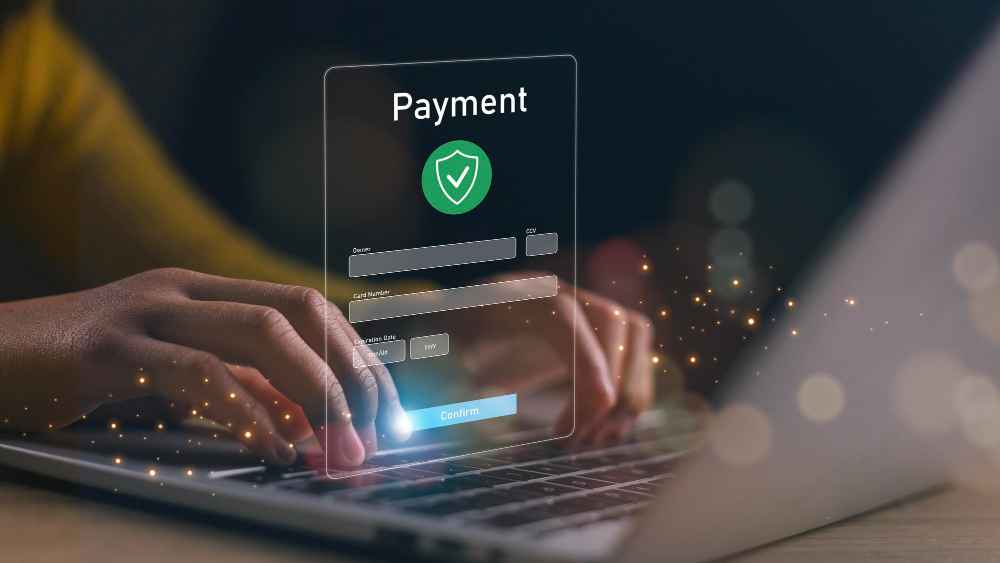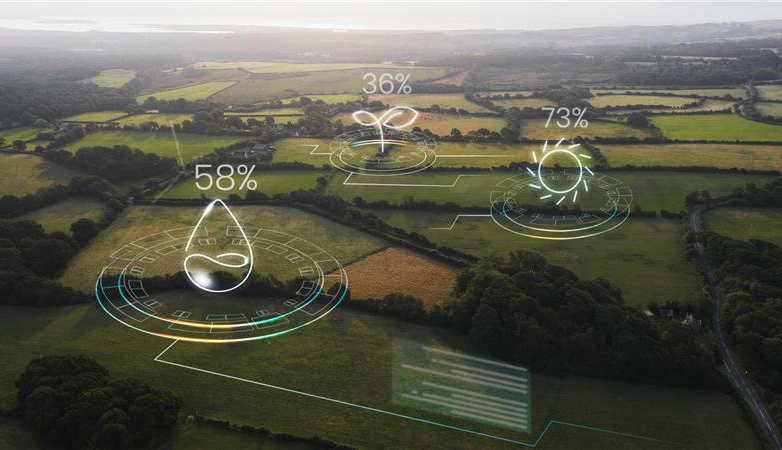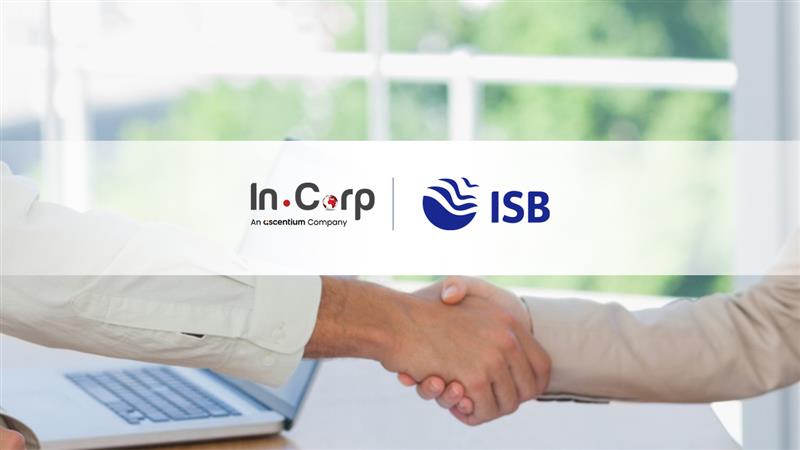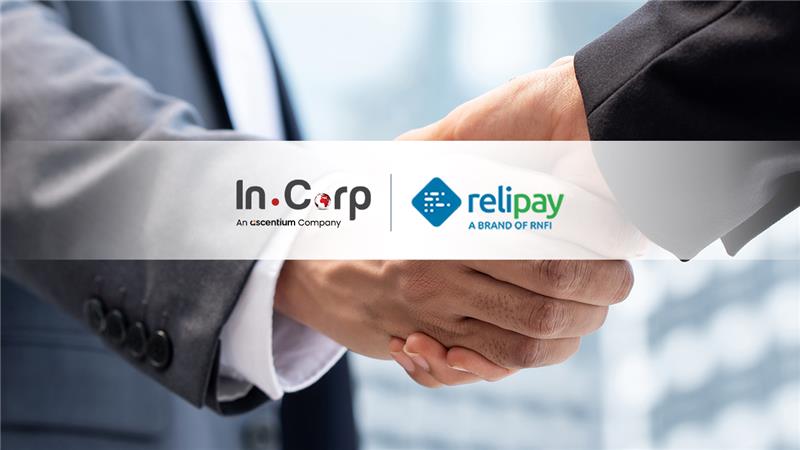The Ultimate Guide to EcoVadis Certification

The Ultimate Guide to EcoVadis Certification
Everything you need to know about EcoVadis Ratings
- Last Updated
Sustainability performance has become an essential component of a company’s business value. Businesses of all sizes are being held accountable for environmental, social and ethical impacts within their own operations and across their value chain. Executives face the daunting task of understanding these risks and integrating criteria into business decisions and relationships to ensure their company remains reliable and competitive. Sustainability is now a strategic priority that procurement, finance, investment and other executives must consider in their business relationships. In this context, the need for simple, reliable and global sustainability ratings has become a must.
What is EcoVadis?
Founded in 2007, EcoVadis offers a cooperative online scoring system that evaluates an organization’s non-financial global performance with the goal of gaining a better understanding of their sustainability performance. This platform is essential in helping businesses manage and enhance their ESG (Environmental, Social, and Governance) performance by offering a globally recognized sustainability rating.
The non-financial assessment by EcoVadis measures the sustainability management system of a company through 21 sustainability criteria focused on four key performance areas:
- Environment: Impact from the production processes (energy consumption, water, biodiversity, local and accidental pollution, GHG emissions), impact from product use, and end-of-life.
- Labor & Human Rights: Human resources management (accident prevention, staff training, working conditions, social dialogue) and Human Rights (respect for labor laws, diversity, discrimination).
- Ethics: corruption, anti-competitive practices, and information management responsibility.
- Sustainable procurement: supplier environmental and social practices.
The EcoVadis solution addresses these issues by providing easy-to-use, dynamic scorecards delivered via a web-based platform. It enables procurement, finance, investment, banking and other teams to monitor the sustainability performance of their portfolios and trading partners and collaborate with them to drive continuous improvement. The EcoVadis scorecard explanation enables businesses to understand how they are performing and where improvements are needed.
As the management guru Peter Drucker famously said, “If you can’t measure it, you can’t manage it…”. Without consistent benchmarking, it’s difficult to determine if any meaningful progress is being made in business sustainability. This is where the EcoVadis certification and sustainability risk assessment come into play, offering a benchmark and roadmap for improvement.
Who is EcoVadis for?
The EcoVadis rating is available to all companies and suppliers, except the companies operating in:
- Manufacturing of tobacco products (ISIC code 1200)
- Mining of coal and lignite (ISIC division 05)
- Manufacturing of weapons and ammunition (ISIC code 2520)
- Manufacturing of air and spacecraft and related machinery (ISIC code 3030)
EcoVadis Company Users Can Be:
- A client company whose procurement executives request their suppliers to answer the EcoVadis Questionnaire. The client then gets access to easy-to-use scorecards and are able to monitor the sustainability initiatives, performance and improvement actions of their business partners.
- Suppliers that are requested to answer a client’s request. After being rated, the suppliers may share their scorecard results with the member community or other platforms. This can increase their business opportunities. Sharing requires authorization, which ensures the confidentiality of sensitive information.
EcoVadis accreditation acts as a measuring stick with which the business can monitor its progress and better understand where it stands on its sustainability journey, to drive positive change.
How does EcoVadis Rating System Work?
The issues (criteria) covered in the assessment are based on the materiality analysis of the 21 sustainability topics, carried out internally by EcoVadis based on a company’s context, such as industry, size, and operational locations.
These parameters are identified when a company registers on the EcoVadis platform, and that shapes the questionnaire they subsequently receive. Several criteria can be deactivated to properly reflect the parameters of the sustainability management system. As a result, smaller companies and office-based companies receive shorter questionnaires in comparison to other, larger companies.
EcoVadis Scoring Process
EcoVadis scoring is created on a 0-100 scale, and recognition levels are based on a percentile ranking. By doing this, it’s easy to see how a business performs compared to its peers in each market. This system evaluates a company’s overall sustainability management system, including policies, processes and results achieved.
Understanding how the scoring works and how to get a good score is vital for businesses.

Step 1: Registration
The company registers on the EcoVadis website, creating a profile that includes business activity details and contact information.
Step 2: Questionnaire Completion
After registration, the company receives a link and instructions (including deadlines) to access the platform and complete the tailored questionnaire. The questionnaire is customized based on the company’s sector, size, location, etc.
o The Questionnaire:
- Is available in 8 languages: English, French, Spanish, Dutch, German, Italian, Portuguese, and Chinese.
- Requires documents that can be submitted in any language, but English is preferred.
- Can be filled by procurement teams via request to suppliers to undergo the assessment via the platform.
Step 3: Expert Analysis
EcoVadis ESG experts evaluate the questionnaire responses and supporting documents. The process typically takes 6 to 8 weeks, depending on the complexity of the submission. Analysts review both company-provided documents and external sources (media, NGOs, etc.).
o 360° Watch Findings: This feature integrates artificial intelligence and human analysis to monitor sustainability-related external inputs from over 100,000 public sources, covering both positive and negative insights from the past five years.
Step 4: Results & Notification
Once the assessment is complete, results are published on the platform, and it is now sharable. The company receives a notification on their registered email.
What is the Duration of the Validity?
EcoVadis scorecards remain valid for a full year following their release. The business will still be able to view its scorecard and that of its suppliers once the 12-month period is over, but it will no longer be able to share the findings. Depending on their size, businesses pay an annual subscription charge. With this subscription, you may share the company’s performance, access the EcoVadis platform and tools, and take the EcoVadis evaluation.
For companies aiming for sustainable procurement certification and CSR and EcoVadis certification, staying up to date is essential and they must undergo a reassessment annually to maintain or improve their rating.
How to Achieve a good EcoVadis Score?
The most crucial element in our experience is the supporting documentation requested by EcoVadis. EcoVadis allows maximum 55 new documents to be uploaded for one assessment. Here is a checklist to effectively prepare for the process:
- All the documents must have the company name, logo, date of implementation, along with a review date. Documents in all languages are acceptable.
- Authenticity is key; if a document is created for satisfying the EcoVadis questionnaire, it will not be accepted. Show real stratgies and impact.
- Policy documents should contain qualitative and quantitative objectives and should exist for more than three months before being uploaded on the EcoVadis platform. The validity period for policies is 8 years.
- Documents supporting the actions should describe their function and how they contributed to the mitigation of relevant risks. Their validity period is 8 years as well.
- The results reported must be comprehensive and relevant. The impact measurement methodology must be clear, and the more quantitative results are always better. The validity of a reported KPIs is 2 years.
What about EcoVadis and SMEs?
Among large companies, 10% demonstrate Advanced or Leading carbon maturity, significantly higher than the 3% average across all companies. This discrepancy highlights how larger organizations, with more resources and greater stakeholder pressure, tend to perform better in sustainability efforts. In contrast, 44% of companies, regardless of size, remain in the early stages of developing a carbon management system. The challenge is particularly pronounced among small businesses, where 61% fall into the Insufficient maturity category, compared to just 19% among large enterprises.
Carbon Maturity Levels by Company Size

Recognizing these challenges, EcoVadis offers tailored solutions for SMEs to help them navigate sustainability reporting and improve their carbon maturity. The EcoVadis assessment provides SMEs with a structured framework to measure and improve their sustainability performance, making it easier for them to set and disclose GHG reduction targets. This is particularly helpful for those seeking EcoVadis certification for suppliers and EcoVadis rating for SMEs.
Additionally, EcoVadis fosters collaboration between large buyers and SMEs, encouraging capacity-building initiatives to overcome barriers to sustainability implementation. By enhancing transparency and providing targeted support, EcoVadis enables SMEs to strengthen their environmental strategies, meet stakeholder expectations, and contribute more effectively to global decarbonization goals.
Our Two Cents
With sustainability ratings for 100,000 companies across 175 countries and over 200 industries, EcoVadis is the world’s only universal sustainability ratings provider. They are committed to ensuring that organizations have the data they need to make smart supply chain decisions.
On a scale, EcoVadis makes it possible for companies to leverage CSR efforts as an opportunity rather than a barrier to growth. Consider the increasing consumer interest in CSR initiatives. This may seem like an obstacle at first, because if companies can’t develop and improve their supply chain sustainability, they could lose revenue and suffer reputation damage. Improved sustainability creates an opportunity for increased sales and elevated margins.
Executives around the world are increasingly integrating sustainability into the selection and management of their portfolios and trading partners. This practice will be accelerated by regional and global regulations aimed at verifying whether organizations have robust due diligence in place to tackle sustainability issues throughout their operations, value chains and portfolios.
The need for a simple, reliable and global sustainability rating service is becoming critical. As companies like Ecovadis reach new heights as widely accepted platform for ESG certification for businesses, the role of advisories like InCorp will take center stage as well.
Understanding EcoVadis and incorporating it into your business strategy is essential, especially if you are a forward-thinking company committed to sustainable growth and InCorp Advisory can help you with that. With over more than150 clients empowered with tailored ESG solutions, 30+ ESG Experts guiding sustainable business transformation and expertize in more than 10 Global ESG frameworks, InCorp Advisory is fully equipped to guide you on your ESG assessment through EcoVadis.
Now that you understand EcoVadis’ process thoroughly, it’s time to take action. Partner with InCorp Advisory and get started with a free consultation call today.
Authored by:
Shashank S | Sustainability & ESG
FAQ
Yardi helps in tenant relationships with its tools for communication, providing quick answers and centralized data to build better and more positive tenant relationships.
Yes, Yardi can track lease end dates and send reminders, so you never miss a beat.
Yardi has a tenant portal where tenants can reach out with questions, submit requests or review lease details.
Yes. Yardi has centralized secure document storage so all lease agreements, notices and tenant records are stored and easily accessible.
Yes, Yardi can handle various lease types, residential to commercial, and can adapt to each unique lease.
Yardi’s payment processing tools make rent collection easy, with options for automatic payments and reminders to reduce late payments.
Yardi’s reporting shows tenant satisfaction trends so you can fix issues before they become problems.
Yardi lets you update lease terms and track changes so your records stay up to date without the manual work.
Yardi has all your lease and tenant info in one place so you can stay organized, manage renewals and build long term tenant relationships.
Share
Share






























































